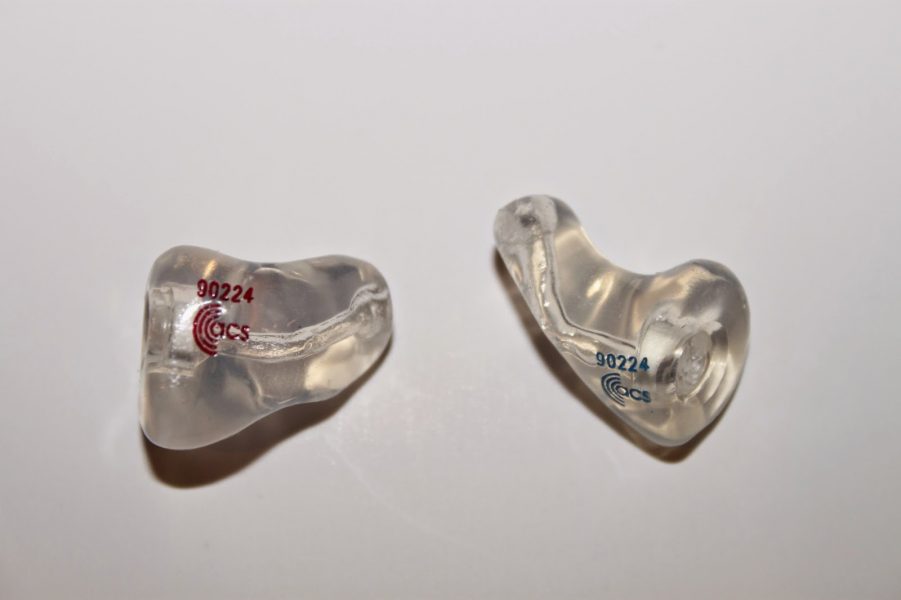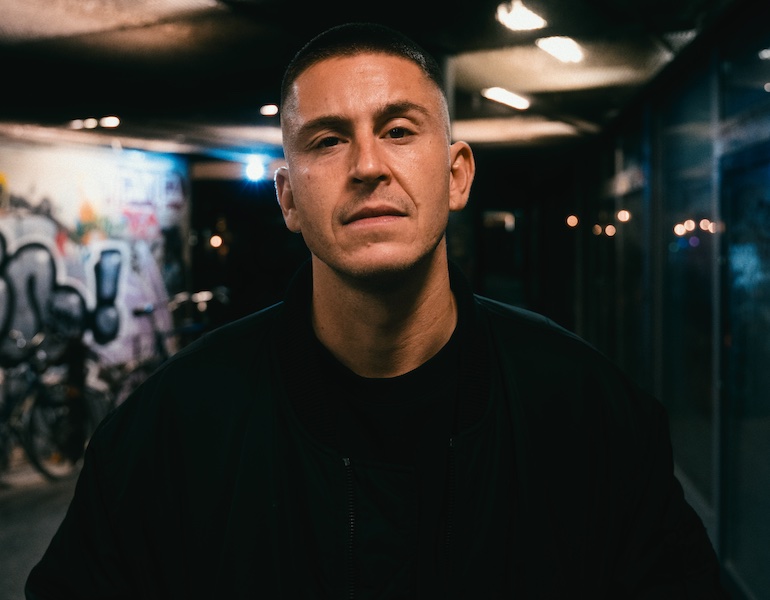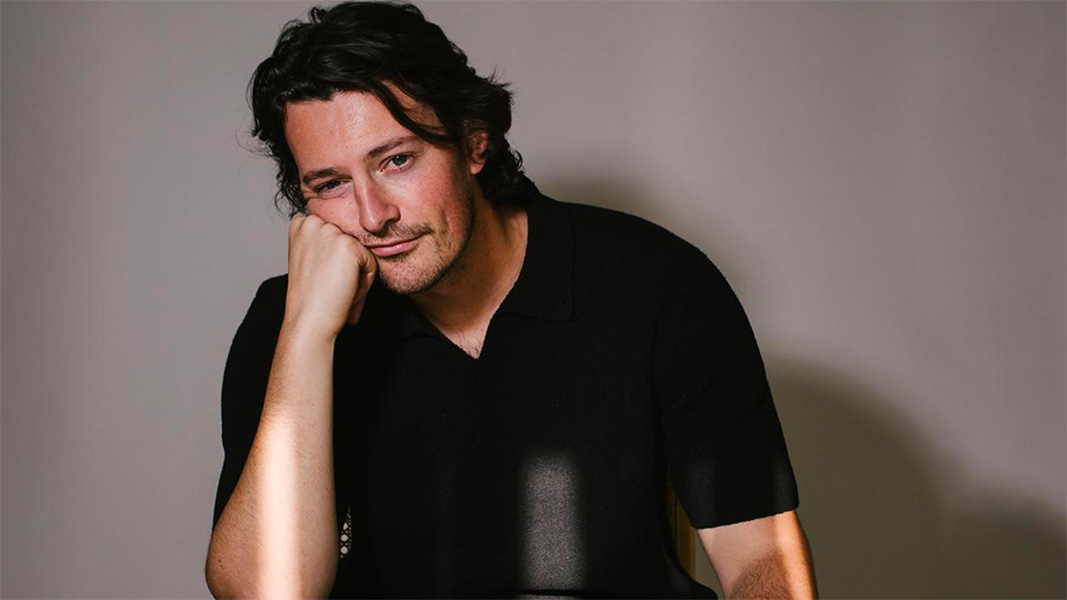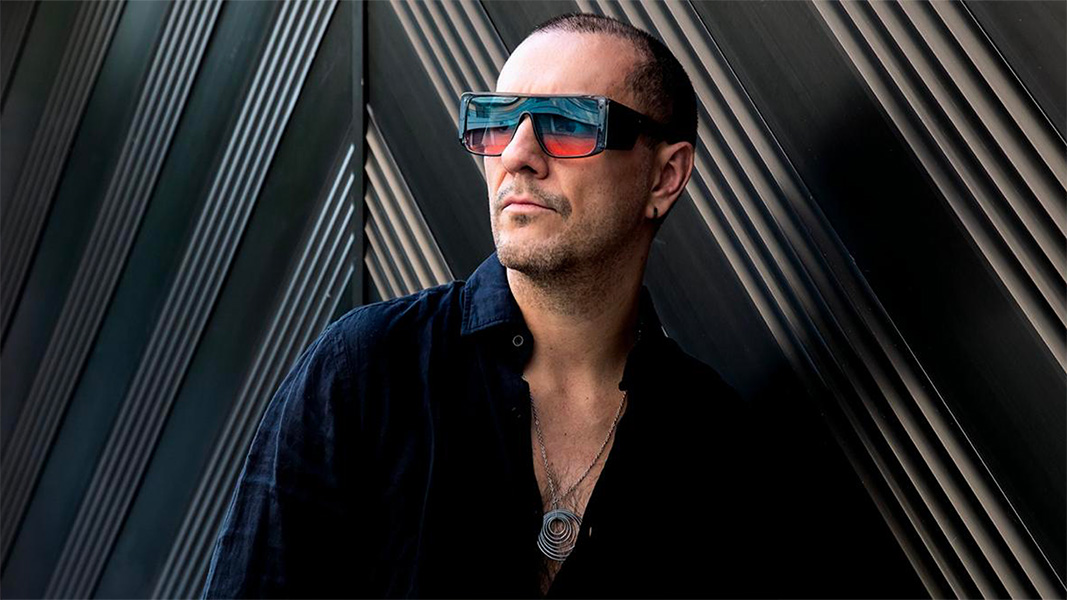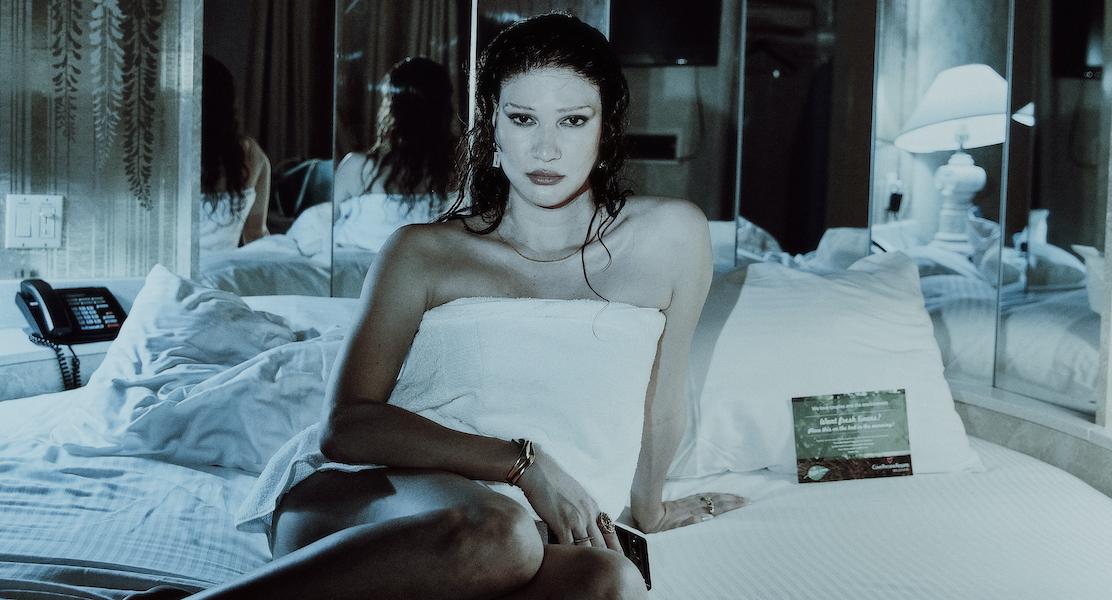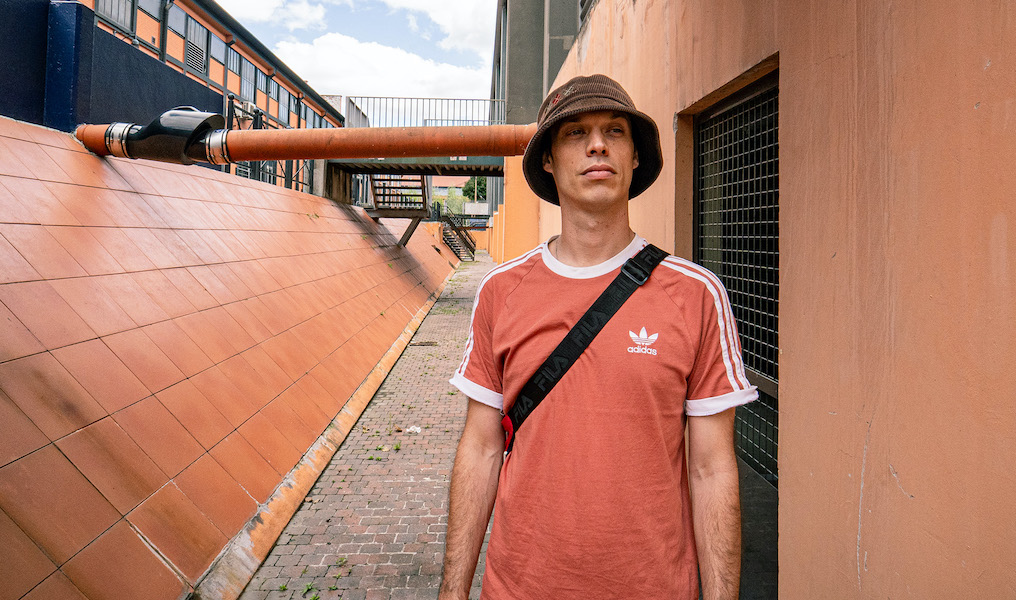Tinnitus is no joke. At 19 years old I have a constant ringing in both of my ears that never goes away. Not at night, not during the day, never. I was accustomed to the ringing you get in your ears after raving and, in some weird way, I actually enjoyed it. Trying to get to sleep and back to reality, the remaining echo stays and reminds you of the night out you’ve just been on, the new smoking area mates you’ve made. Then you wake up in the morning, all dandy, with no ringing in your ears ready for the next weekend of raving – sorted. But one time after an event (Dusky at Switch Southampton on the 21st of January) that ringing never went away, and it’s never got quieter. I was worried, and wasn’t sure if I’d be able to go raving again. But I did some research and came across ACS custom moulded ear protection, booked a consultation, had my earplugs made and never looked back since.
So we sat down with Jono Heale, director at ACS custom, to discuss the custom moulded ear protection they offer but, more importantly, to raise awareness about the dangers of raving without earplugs.
WWD: Jono thanks for sitting down with us a for a chat! As we all know the sound levels in nightclubs gets super loud, which is part of what makes the music sound so good. How loud do the average club speakers reach in decibels?
Jono: Most clubs will have sound pressure levels (SPL) of well over 97dB(A) for sure. More commonly the SPL front of house on the dancefloor will be in excess of 100dB. Your safe exposure at this volume alone with no protection is approximately 15 minutes! We have tested the levels in the DJ booths and have seen SPLs of over 110dB, which gives you seconds before you temporarily or permanently damage the sensory hair cells in the Cochlea in the inner ear.
WWD: And at what decibel level does sound become damaging to our hearing?
Jono: It’s more about the SPL in decibels (dB) and the exposure time, which is more important. At 85dB(A) your safe exposure time is about 8 hours. Great! However, for every 3dB increase in sound pressure you double the volume so you should half your exposure time. For example, and ‘a rule of thumb’: 88dB = 4hrs, 91dB = 2hrs, 94dB = 1hr. 97dB = 30mins. 100dB = 15mins. 103dB = 7.5 mins etc.
WWD: Another thing is that nightclubs and festivals play music for a long time, with some clubs such as Egg London offering nights starting at 10pm and going till noon the next day. What would the safe exposure time be in an average nightclub?
Jono: See the above explanation. This is the point where good quality high fidelity hearing protection, like ACS Custom, is crucial. What you need is hearing protection (earplugs) that just turn the volume down. If you turn it down at the ear you can extend your exposure time and you can still hear the music in full high fidelity and feel the bass. For example: it’s 100dB in the club, with no protection you have about 15 mins. With say an ACS Pro 17 custom earplug you have reduced the volume at the ear by 17dB. So, at 100dB you now have approximately 12-14 hours safe listening time. I would also suggest taking a break from the high-volume areas of the club. Let your ears chill out on a regular basis.
WWD: And a lot of ravers like to stand right by the speakers, as did I prior to noticing signs of tinnitus. Does this make a big difference in terms of doing damage to hearing?
Jono: YES! The thing is we like to feel the bass but you will damage your hearing for sure if you are not careful or don’t use hearing protection. Basically, I would not recommend anyone sticking their head in the speakers at a club or music venue – not if you value your hearing!
WWD: In the last 10 years, the technology behind hearing protection has changed massively, and there’s now a variety of ear plugs/protection available to people. What is it about the ACS pro 17s that sets them apart from other hearing protection?
Jono: The attenuating filters in the ACS Pro17 have an almost flat frequency response. This means they turn the volume down without a compromise in sound quality. The Pro17 is one of the most naturally sounding earplugs in the world.
WWD: And how do they differ to other ear protection out there?
Jono: The filters are of very high professional quality and the actual ‘plug’ that fits in your ear is made from medical-grade soft silicone. They are very comfortable and fit your ear perfectly, which guarantees the seal integrity and attenuation specification. The ACS Pro17 is also tested to BS EN standards for professional hearing protection.
WWD: I received my ACS pro 17s around a month ago, and I can now say that I wouldn’t even consider going to a nightclub/event without them now. The music sounds just as crisp but it’s like the volume’s been turned down, so how do the ear plugs actually work?
Jono: It’s a secret! – Actually, what’s happening is because the earplug fits perfectly you can rely on the attenuating Filter to do it’s work properly. The Filter, that’s the small round plastic ‘tablet’ fitted in the earplug, is cleverly designed to reduce the sound pressure levels (dBs) that go through it and then come out the small tube at the other end of the earplug near your eardrum.
WWD: Complex stuff! And could you walk us through the process of getting a pair of ACS ear plugs made?
Jono: You can buy online at ACScustom.com or call our friendly and helpful customer service team on 01295 266665 and place an order and pay using a debit or credit card. For custom products, like the ACS Pro17, you will need to have a set of ear impressions taken. This is a very simple process which can be done by either taking a physical mould of your ear or scanning your ear with a 3D ear scanner. This can be done at the ACS Custom head office in Banbury or John Henry’s Studios in London, or one of our mobile sales team can visit you. Or… we can send you a free ear impression voucher, which you can use at any Boots Hearingcare Centre across the UK. Simple! Once we have your ear mould impressions or scans we can make your custom hearing protection, bespoke for your ears only.
WWD: Sounds simple enough! And when/how did ACS start as a company?
Jono: ACS was established in 1994 as a company dedicated to hearing conservation and the manufacture of custom-fit products for hearing protection. Most of the current senior management team come from a music industry background. The continuing development of its product line and a need to innovate in all areas still drives the company to deliver the best in both products and service for which it has become renowned, understanding that each product is a one-off item and each customer is completely unique.
ACS has also grown its international reputation through a range of dealers, manufacturing partners and dedicated ACS facilities. ACS now operate in over 24 countries worldwide.
WWD: And how have things changed over that time?
Jono: ACS now utilises full 3D state-of-the-art manufacturing processes together with good ol’ fashion hand made techniques. The technology is changing all the time and ACS has a dedicated Research and Development Team working on many new projects all the time.
WWD: Who should be using ACS ear protection?
Jono: Anyone exposed to loud music or noise over 85dB for long periods of time.
WWD: Another important thing to remember is that earbuds and headphones have also gotten more and more powerful. Is this a common contribution to the development of tinnitus in people?
Jono: Yes. Social Listening is a big problem and will continue to be. Young people are definitely more at risk, especially music lovers and club goers. We are exposed to more amplified music and sounds than ever before in the history of the human race. Again, it’s down to sound level and exposure time but the World Health Organisation (WHO) have already claimed that 1.1 billion young people are at risk from hearing loss with over 40% of these in danger from personal listening devices and entertainment venues.
WWD: So what are some basic measures that people can take to protect their hearing?
Jono: Be aware of the sound levels and your exposure time. Give your ears regular breaks and use good quality hearing protection in loud music environments so you can party safe now – and still hear tomorrow!
There you have it then: If you go clubbing regularly without earplugs you are going to do some serious damage to hear your hearing – fact. So before you end up with a constant ringing in your ears be smart, and invest in some good quality earplugs.
Words by: Olly Gunns and Gavin Lewis

